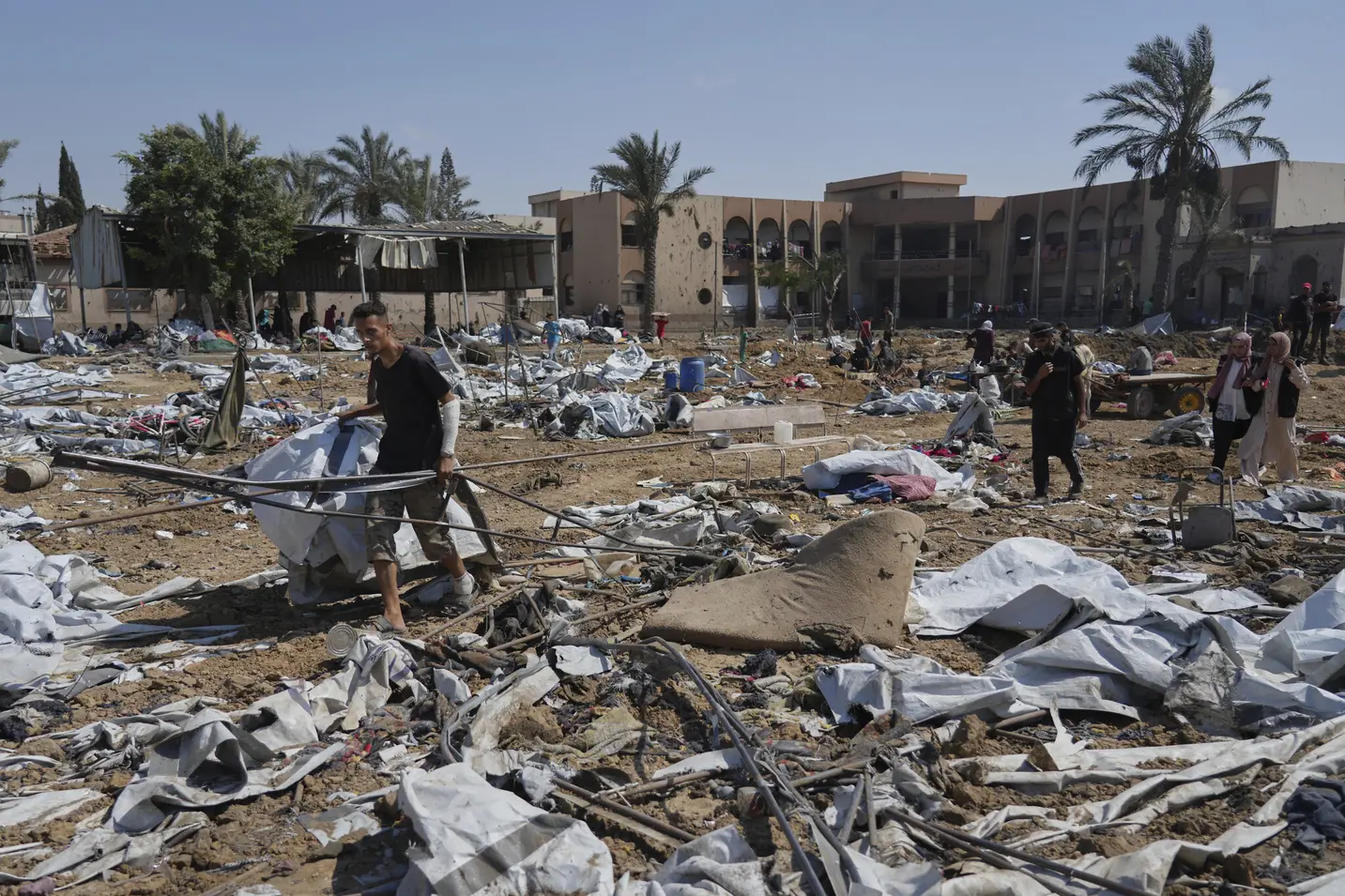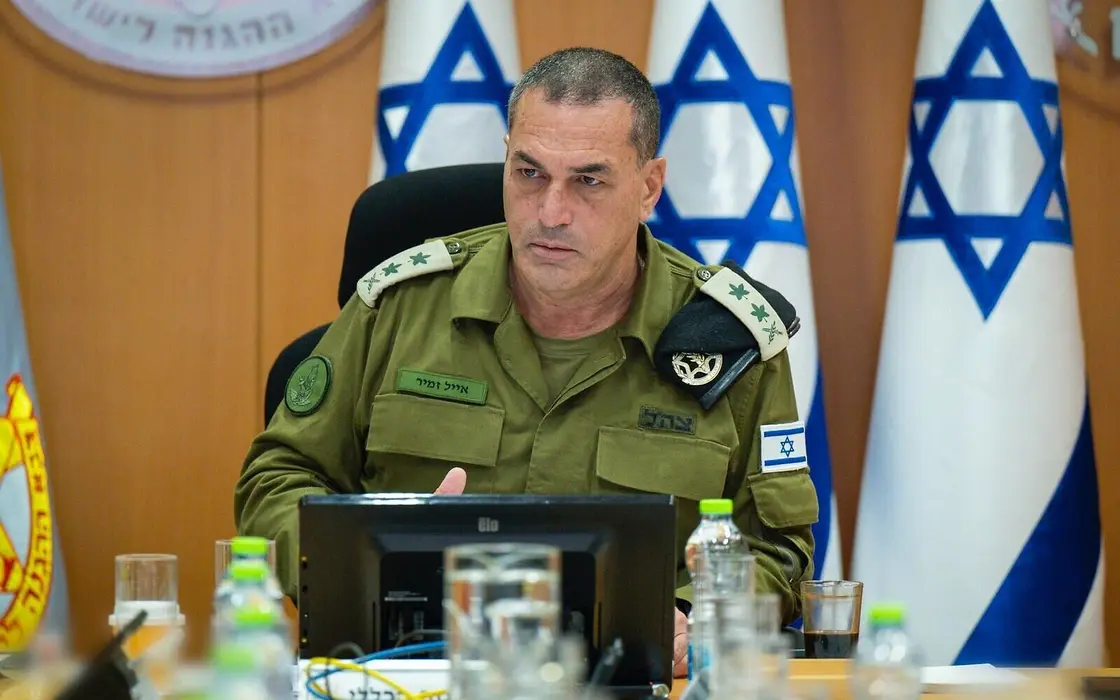T4K3.news
Gaza City outskirts hit as residents flee
Overnight shelling around Sabra, Shejaiya, and Jabalia continues as Israel targets weapons and tunnels

UN warns of hunger and displacement as churches stay to aid civilians in Gaza City outskirts
Gaza City outskirts hit as residents flee amid new Israeli offensive
Night time shelling hit the eastern Gaza City suburbs of Sabra, Shejaiya, and Tuffah, and the northern town of Jabalia, triggering fresh evacuations as Israel presses a campaign described by officials as aimed at weapons and tunnel networks. Hamas run health authorities say at least 34 people were killed overnight and on Tuesday, including 18 around Gaza City. The deaths and injuries come as the security cabinet prepares to discuss Gaza operations and a hostage deal amid international protests calling for an end to the war.
UN and aid groups report rising hunger and ongoing displacement. Roughly 5,000 people have moved from northern Gaza to Deir al Balah and Khan Younis since late August, while about 8,000 have sought shelter west of Gaza City. Total displacements since the end of the ceasefire in mid March exceed 800,000. Several education centers used as shelters were attacked last week, underscoring the danger to civilians and to access for aid deliveries. The Gaza Humanitarian Foundation has faced setbacks as aid routes and centers come under fire, complicating relief for civilians.
Religious leaders in Gaza City say clergy and nuns will stay inside church compounds to care for those who cannot flee. They warn that leaving could be a death sentence for the vulnerable and call for an end to the war and the return of hostages. On the battlefield, Israeli forces say they are destroying tunnels and weapons caches as part of a broader effort to widen a security buffer along the central and southern border.
Key Takeaways
"Earthquakes, we call it. They want to scare people to leave their homes."
A Gaza City resident describes the shelling as fear inducing.
"There can be no future based on captivity, displacement of Palestinians, or revenge."
Church leaders on the decision to stay and the need for peace.
"It is now time for the healing of the long-suffering families on all sides."
Religious authorities calling for reconciliation and an end to war.
"Eight of 15 UN aid missions were blocked in the last day."
UN spokesperson on aid delivery obstacles during the crisis.
The crisis is testing the boundaries between civilian protection and military necessity. The decision by church leaders to remain in place highlights how civilians are often trapped by both sides of a conflict, while aid access becomes a weapon of war when corridors close and checkpoints tighten. The numbers on hunger and displacement point to a longer humanitarian emergency that could outlast any single military operation. International pressure and local fear intersect as hostage negotiations stall and aid deliveries face repeated obstacles. The situation raises the stakes for civilian lives and for global credibility as authorities grapple with the balance between security goals and immediate humanitarian needs.
Highlights
- Earthquakes, we call it. They want to scare people to leave their homes.
- There can be no future based on captivity, displacement of Palestinians, or revenge.
- It is now time for the healing of the long-suffering families on all sides.
- Eight of 15 UN aid missions were blocked in the last day.
High humanitarian risk in Gaza
The report covers civilian casualties, mass displacement, hunger, and blocked aid deliveries. It involves political sensitivity and may provoke backlash among various stakeholders.
The path forward will depend on real access for aid and a renewed commitment to civilian protection
Enjoyed this? Let your friends know!
Related News

Gaza City ordered to evacuate

Israel moves toward Gaza City assault

Gaza City offensive update

Israel pounds Gaza City outskirts as offensive plans advance

Gaza City bombardment escalates displacing families

IDF approves outline for Gaza City operation

Aid into north Gaza slowed ahead of offensive

Ceasefire urged as Gaza hunger toll rises
